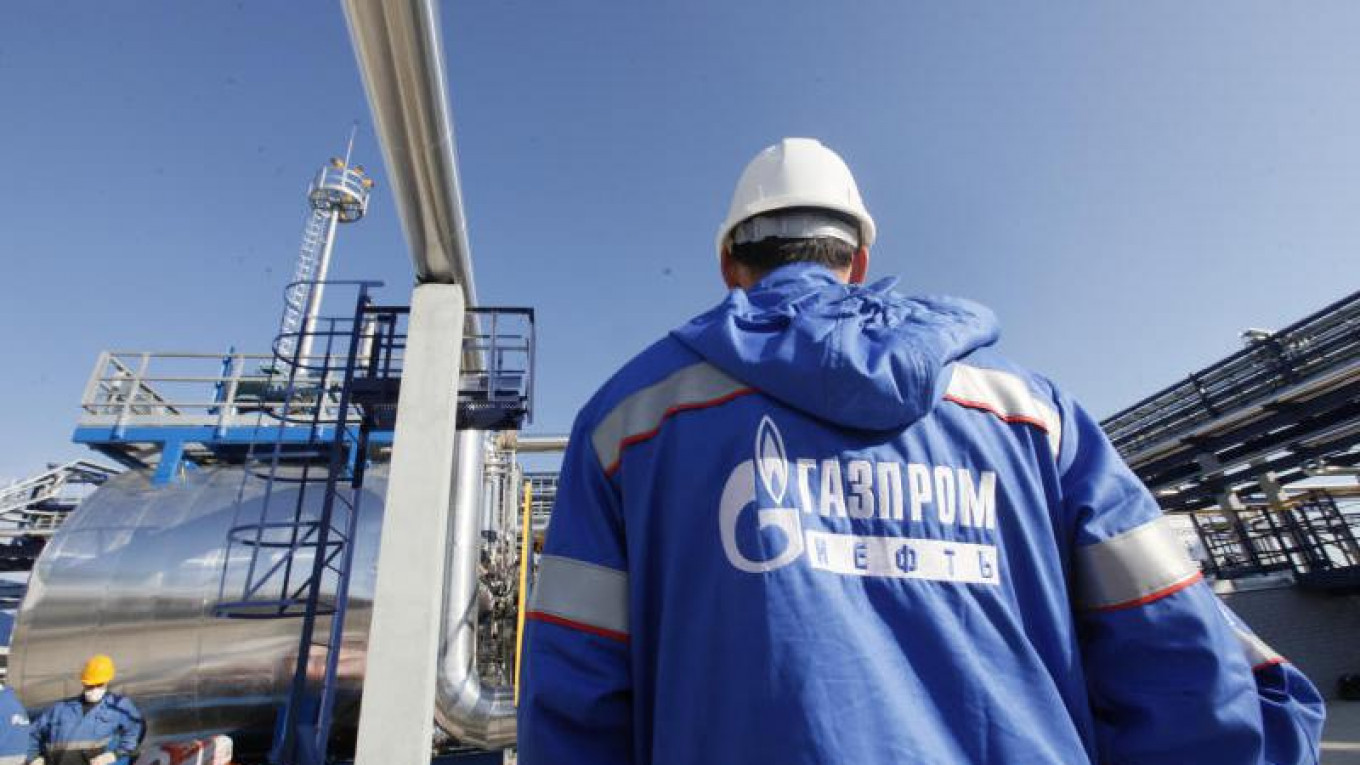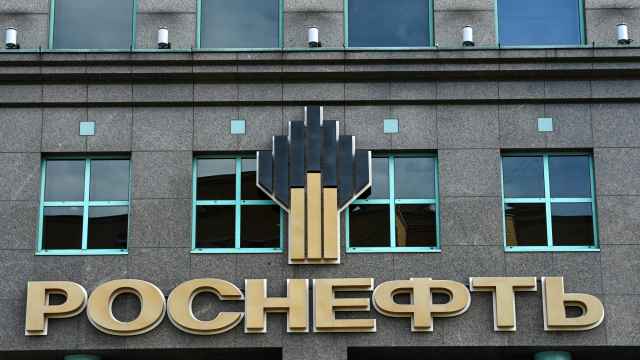Russian energy giant Gazprom has refused to name and shame regional governments for falling behind on their gas bills.
Previous press releases by the company had turned the spotlight on authorities who refused to pay up.
Gazprom's last debt report in 2016 slammed local governments in Russia's North Caucasus, reporting that officials in the region owed more than 48 billion rubles ($845 million) — more than 80 percent of all money owned to the company across Russia as a whole.
This year, the company took a less-confrontational approach, declining to name its main debtors despite a rise in outstanding payments. "Overdue payments remain an urgent problem,” the company said in a press release. “In 2016, it grew by about 6 percent, amounting to 161 billion rubles ($2.84 billion) as of January 1, 2017.”
Some have seen the change as part of a bid to appease Chechen leader Kadyrov after he locked horns with the energy company last month.
Kadyrov, whose government forms a vital part of Russia's North Caucasus region, accused Gazprom of using "worn out" equipment. He said that the company's “bad management” forced the Chechen people to live in “19th century conditions."
“People pay for light, for gas, but the money just doesn't get there,” Kadyrov said.
The Chechen government has long waged a campaign to see local energy assets handed over to Kadyrov's safekeeping.
The Kommersant newspaper reported in February that Russian oil giant Rosneft could sell its assets to the Chechen republic in a multi-billion dollar deal.
The Chechen government also took control of property belonging to Chechenneftekhimprom — the state-owned company that controls the republic's oil-refining and petrochemical industry — in December 2015 after repeated requests to Russian President Vladimir Putin.
A Message from The Moscow Times:
Dear readers,
We are facing unprecedented challenges. Russia's Prosecutor General's Office has designated The Moscow Times as an "undesirable" organization, criminalizing our work and putting our staff at risk of prosecution. This follows our earlier unjust labeling as a "foreign agent."
These actions are direct attempts to silence independent journalism in Russia. The authorities claim our work "discredits the decisions of the Russian leadership." We see things differently: we strive to provide accurate, unbiased reporting on Russia.
We, the journalists of The Moscow Times, refuse to be silenced. But to continue our work, we need your help.
Your support, no matter how small, makes a world of difference. If you can, please support us monthly starting from just $2. It's quick to set up, and every contribution makes a significant impact.
By supporting The Moscow Times, you're defending open, independent journalism in the face of repression. Thank you for standing with us.
Remind me later.






